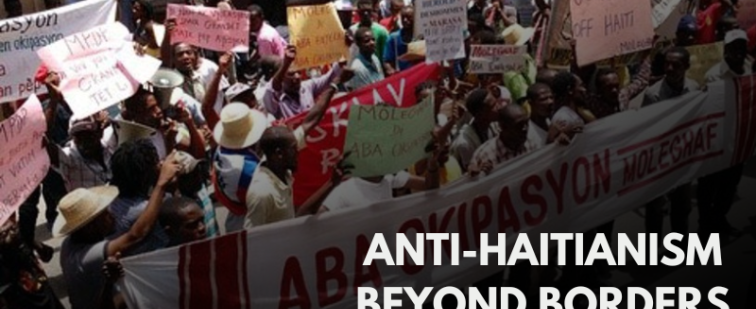Home
On June 31, 2006, the Cuban government announced that due to a serious illness, the nature of which was declared a state secret, Fidel Castro was stepping aside as the head of state. His younger brother Raúl, officially designated as his successor since the early days of the 1959 Revolution, was "temporarily" replacing the commander-in-chief.
In the worn out meeting room of worker-run Cerámica de Cuyo, Manuel Rojas runs a rough hand over his face. The mechanic recalls forming the cooperative after the company boss fired the workers in 2000: "We didn’t have any choice. If we didn’t take over the factory we would all be in the streets. The need to work pushed us to action."
SOA Watch has received confirmation that this week Congress will vote on an amendment to close the School of the Americas, now called the Western Hemisphere Institute for Security Cooperation (SOA/WHINSEC). Representatives Jim McGovern and John Lewis will introduce an amendment to the Foreign Operations appropriations bill to cut funding for the school!
Last week the Brazilian Movement of Landless Rural Workers (MST) held its fifth National Congress in Brasília, the country’s capital. The power the MST has garnered throughout its 23 years was palpable, as more than 17,500 delegates from 24 states and almost 200 international guests marched to the Square of the Three Powers, situated between the buildings of the executive, judicial and legislative branches of government. Marchers hung a huge banner in the square that read, “We accuse the three powers of impeding agrarian reform.”
When Miguel Moran Acosta graduated from high school this year in Colombia's southern jungle province of Putumayo, he went back home to farm with his family in Alto Comboy, an Awa indigenous reserve. Days later, on May 23, Colombian army officials entered the reserve, tied Miguel’s hands and feet together and took him off to a nearby mountain. The following day, Miguel’s lifeless body was put on display in the province’s military barracks as a “guerrilla downed in combat.”
In this spirited call to action published by our friends at ColorLines, Roberto Lovato writes, "While important and good, negotiations, marches, lobbying and other crucial work will continue to be ineffective without an urgent strategic component. The radical political moment requires the further opening of a radical flank of the immigrant rights movement." Lovato suggests this radical flank could look to Latin American social movements for inspiration.
As I write this article, the U.S. Senate is engaged in a major policy debate about how to reform the obsolete, unjust, and deeply dysfunctional immigration policy currently in effect in the United States. Unfortunately, the proposal being debated, entitled "Secure Borders, Economic Opportunity and Immigration Reform Act of 2007," falls far short of what the country needs, or what immigrant communities deserve.
One is hard-pressed to miss the slogan “With Chávez, the people are the government” in the Venezuelan capital of Caracas, stamped as it is on government posters that paper the city. The statement claims the achievement of a perfect democracy and implicitly suggests the opposite: Without President Hugo Chávez, Venezuelan democracy would not exist.
"This is a war of information. And it is the oil company itself that has taught us to fight it," said Heriberto Gualinga, who is a kind of ‘communications boss’ of the indigenous Kichwa community of Sarayaku in the Ecuadoran jungle.
A new and deep discontent has settled over Santiago, the Chilean capital. At bus and subway stops, in blue-collar neighborhoods like La Victoria (a trench for resistance against the dictatorship), in public hospital hallways and school doorways, voices are being raised to express a new consciousness of Chilean problems. The country's leaders are being called to account for the fact that the country's neoliberal model, el modelo—which left and right-wing politicians still brag about—is showing clear signs of exhaustion.












